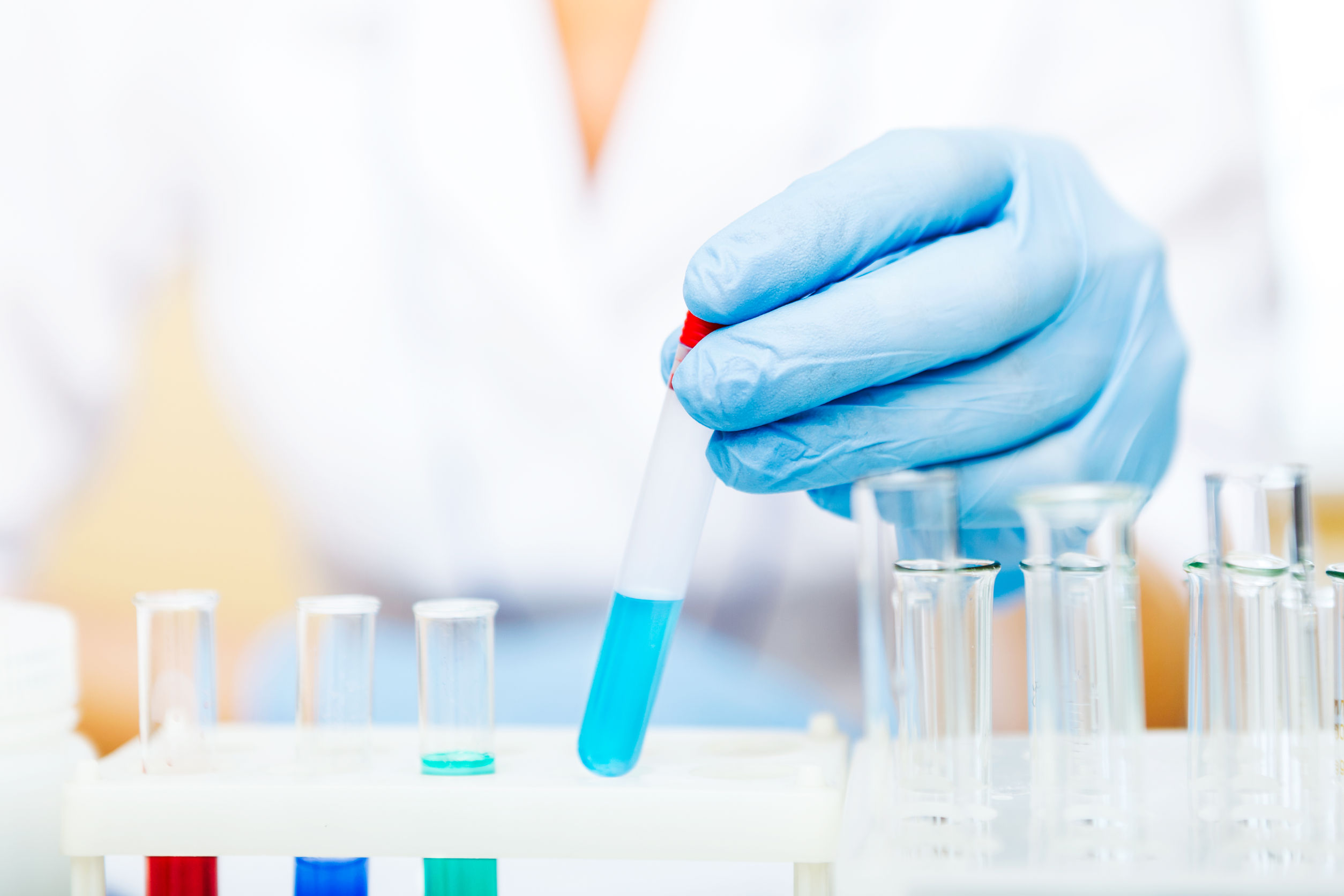Your Plan of Action – the natural approach
Research shows that following a good fertility diet can improve your chances of conceiving
Eat plenty of fruits and veg and snack on nuts daily
Eat more fish and vegetarian meals and less meat and processed foods
Ensure you get a semen analysis and sperm DNA fragmentation test
Best test options: Functional Nutritional Profile
Male fertility is the second most common cause of fertility issues, coming second only to advanced age of the female partner. It affects about half of all couples so it essential to consider when you are trying to conceive. Historically, it was often the female partner who might initiate tests with her GP, but we strongly recommend getting male tests done from the start of your fertility journey.
Semen Analysis
A regular semen analysis looks at the external parts of a sperm, how well it can function and get from point A to point B. The World Health Organisation has set optimal levels that indicate good fertility potential:
- Volume: the ejaculate should be 2ml or more in volume
- Sperm count: this is the number of sperm and should be higher than 40 million sperm or 20 million sperm per ml
- Motility: this indicates how well the sperm can swim and over 50% of sperm should be good swimmers
- Morphology: this indicates that the sperm are well formed and not abnormal looking which might impede their ability to swim or penetrate the egg. There are usually a high number of abnormal forms in the sample, this is quite normal. Depending on how this is measured, the normal forms should be above 4% or perhaps higher than this depending on the lab
- Anti-sperm antibodies: these are antibodies that bind to the sperm which interferes with their function. It is important to have this below 50%
Sperm DNA Fragmentation
This test looks at damage to the DNA within the sperm which carries the important paternal genetic information. Men with an abnormal semen analysis may have increased DNA fragmentation also. However, one in four men with a completely normal semen analysis will have increased DNA fragmentation. This might mean that you have proceeded with trying to conceive and only later down the road, it might be identified that there is another issue. This is often later found as a cause of ‘unexplained infertility’ or recurrent miscarriage. We therefore recommend getting this test done with your semen analysis.
It is normal to have a certain level of DNA fragmentation. Depending on what test is used, this might be up to 15%. Above this, there might be difficulty conceiving and above 30%, the chances are reduced significantly and risk of miscarriage increases.
The DNA in sperm is vulnerable to conditions of ‘oxidative stress’. Under these conditions, the DNA can be damaged causing the DNA to fragment. Where there is a high degree of DNA fragmentation, there may be an increased risk of infertility, failed assisted reproduction e.g. IUI or IVF, and recurrent miscarriage.
Oxidative stress can be caused by a number of conditions such as;
- Infection – inflammation can cause a significant increase in oxidative stress
- Inflammation elsewhere in the body can also contribute to sperm damage and deplete critical antioxidants
- Varicocele – similar to a varicose vein near the testes, can increase damage to sperm
- Obesity – excess body fat, especially that which accumulates around the middle
- Smoking – markedly increases oxidative stress
- Testicular heat – increased local heat can damage sperm and sperm DNA
- Chemicals – exposure to certain pesticides and other chemicals
- Poor diet – a diet low in protective antioxidants, deficiencies in vitamins or minerals
- Age – DNA fragmentation may increase with age
- Genetics – issues with the folate cycle
- Some conditions such as undiagnosed or poorly managed type II diabetes
- Some medications
Can nutrition help?
Fertility Diet
There is a growing body of evidence to show that diet has a significant impact on your sperm health and numbers. A good fertility diet is high in vegetables, fruit, nuts and seeds. Fish intake is important, particularly omega-3 rich fish such as wild/ organic salmon, mackerel, sardines, herring and anchovies. Including more pulses and plant-based foods is helpful and reducing red meat, particularly processed meats is beneficial. A reduction in high fat, high sugar processed foods is recommended. See our meal plans made for Sims IVF here to give you some guidance and recipes for a healthy fertility diet.
Zinc
Zinc may be one of the most important minerals for sperm health. It plays a number of critical roles from sperm development, formation, maturation and a role in stabilising the membrane which supports motility. It is also part of the antioxidant compound zinc-copper superoxide dismutase (SOD). This is one of the antioxidants that helps to protect sperm as they mature, decreasing damage and reducing DNA fragmentation.
Zinc deficiency is common worldwide and as seen in our clinic when testing. Zinc is found in meat, chickpeas, nuts and seeds. However, absorption can be difficult and those with poor digestion are at risk. People on long-term proton pump inhibitors (PPI), which are commonly prescribed stomach acid inhibitors, are at risk from malabsorption. In addition, those on a high plant diet can also be at risk unless efforts are made to increase absorption in the diet such as soaking, sprouting and fermenting.
Zinc supplements have been shown in clinical trials to improve count, morphology and motility and can reduce DNA fragmentation. Some supplements are poorly absorbed, such as zinc oxide. Zinc citrate at 23mg per day is recommended for those on a high plant diet. Caution is advised however, as with all supplements. The antioxidant balance in critical and over-supplementing can have negative effects also. Read our published research and recommendations here which advise to test before supplementing.
Selenium
Selenium is found in high concentrations in the testes. Here it forms part of the antioxidant family glutathione peroxidases (GPX). This family of proteins help to protect sperm as they develop and mature. They also help to regulate the antioxidant reactions within sperm – where the balance is important and too much is not helpful.
Brazil nuts are a great source of selenium, but it’s easy to get too many. Just one Brazil nut per day can provide over the recommended daily allowance so eat these as part of your diet, but not too often. Selenium is also found in meat, chicken, fish, shellfish and eggs and deficiency often depends on the selenium content of the soil near where you live or source your animal products. Supplementing with selenium has been shown to be ineffective if you are not actually deficient. Many people we see in clinic have already started consuming Brazil nuts and are high in selenium. It’s best to check your levels before you supplement.
Vitamin C and Vitamin E
These are both important antioxidants for sperm health. They work together as vitamin C is water soluble and vitamin E is fat soluble. Vitamin C may be particularly important if you smoke.
Clinical trials have shown success in reducing DNA fragmentation with both vitamin C and E. A diet rich in fruits, vegetables, nuts, seeds and healthy fats such as avocado, salmon and olives should provide sufficient vitamin C and E for general health. However, it is worth noting that studies often use higher amounts of vitamin C, such as 1g. This would be extremely difficult to reach with diet alone, where fruits high in vitamin C such as kiwi contain approximately 90mg.
Omega-3
Omega-3 fatty acids, eicosapentaenoic acid (EPA) and more specifically docosahexaenoic acid (DHA), are a major component of sperm membranes. Good levels of omega-3 can improve sperm count and motility. Omega-3 fatty acids are anti-inflammatory and so can protect indirectly against sperm damage. In a ‘Western Diet’, we do not get enough omega-3 in our diet. Eating at least two portions per week of oily fish is recommended. If you do not eat fish, a supplement containing over 500mg of each of EPA and DHA is useful.
Vitamin D
We know that conception rates increase during the summer which may show a role for vitamin D in fertility and sperm have receptors for vitamin D. Be cautious when supplementing with vitamin D; it is important to tailor your supplement levels to meet your needs. Vitamin D can be toxic at high levels. While it has a beneficial effect on our immune system at optimal levels, this too can have a negative effect if the levels get too high. In Winter, approximately 50% of Irish adults may be deficient but we also see people in clinic who have supplemented too much. A dose of 1000IU suits most people, but it can depend on a number of factors.
Medicinal Mushrooms
Medicinal mushrooms are being used more frequently to improve fertility in women. They have powerful immune modulating effects. In men, we know that inflammation is a source of damage to sperm and part of any protocol is to try to identify possible sources of inflammation in the body and to reduce the impact of this. Some mushrooms can be used to help those with sperm antibodies or other inflammatory conditions. Certain mushrooms such as reishi (Ganoderma lucidum) however may lower testosterone levels so it is important to use these supplements under the advice of your nutritionist.
Caffeine and Alcohol
There is mixed evidence in men that caffeine and alcohol causes reduced sperm quantity and quality. We recommend sticking to 5-10 units of alcohol per week and no more than 2 cups of coffee per day.
Your environment
Xenoestrogens are environmental oestrogens, coming from pesticides and the plastic industry. This can cause hormonal imbalances in men leading to reduced sperm quantity and also affecting quality and DNA fragmentation. Aim to reduce your plastic exposure, avoid handling till receipts, use more natural personal hygiene products and try to eat as organic produce where you can.
Other chemicals can also specifically cause an increase in DNA fragmentation. Consider your exposure in the workplace or during your spare time or hobbies. Always use the correct personal protective equipment or avoid chemical exposure altogether if possible.
Local heat can cause damage to sperm and increase levels of DNA fragmentation. Avoid saunas, hot baths, heated car seats, prolonged use of a laptop resting on your lap and try to limit carrying your mobile phone in your pocket.
Exercise
Moderate exercise is excellent for weight management, stress reduction and hormonal balance. Excessive or intensive exercise can be a cause of damage and inflammation in the body and may be an indirect cause of damage to sperm. Specifically cycling is a source of direct damage, friction and heat to the testicular area. It may be that short bouts are fine, but if you are taking to longer cycles at the weekend as recreation, it would be best to reduce this if you are trying to conceive.
Tests
Where to start?
Start making improvements to your diet as you can. Take a good quality fertility multivitamin and mineral. Do not take any one nutrient in excess without testing. Deficiencies are common and are important to rectify, but you cannot know without testing. If you need further support or tailored advice, it would be helpful to request an appointment with one of our qualified team.



